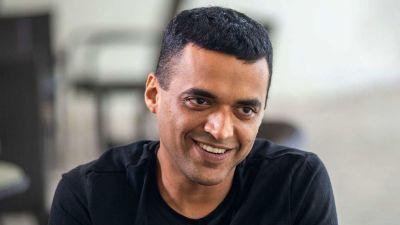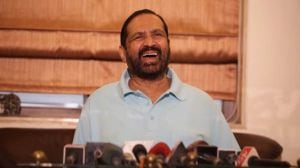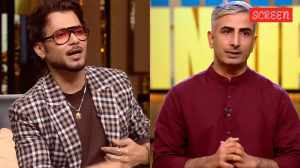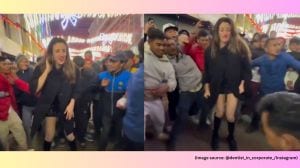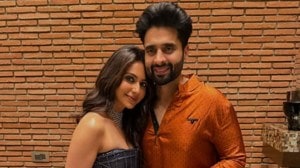TM Krishna on navigating a difficult year and curating a diverse festival
The Carnatic vocalist speaks about bringing together a diverse group of musicians for the KNMA festival in the Capital and his forthcoming book.
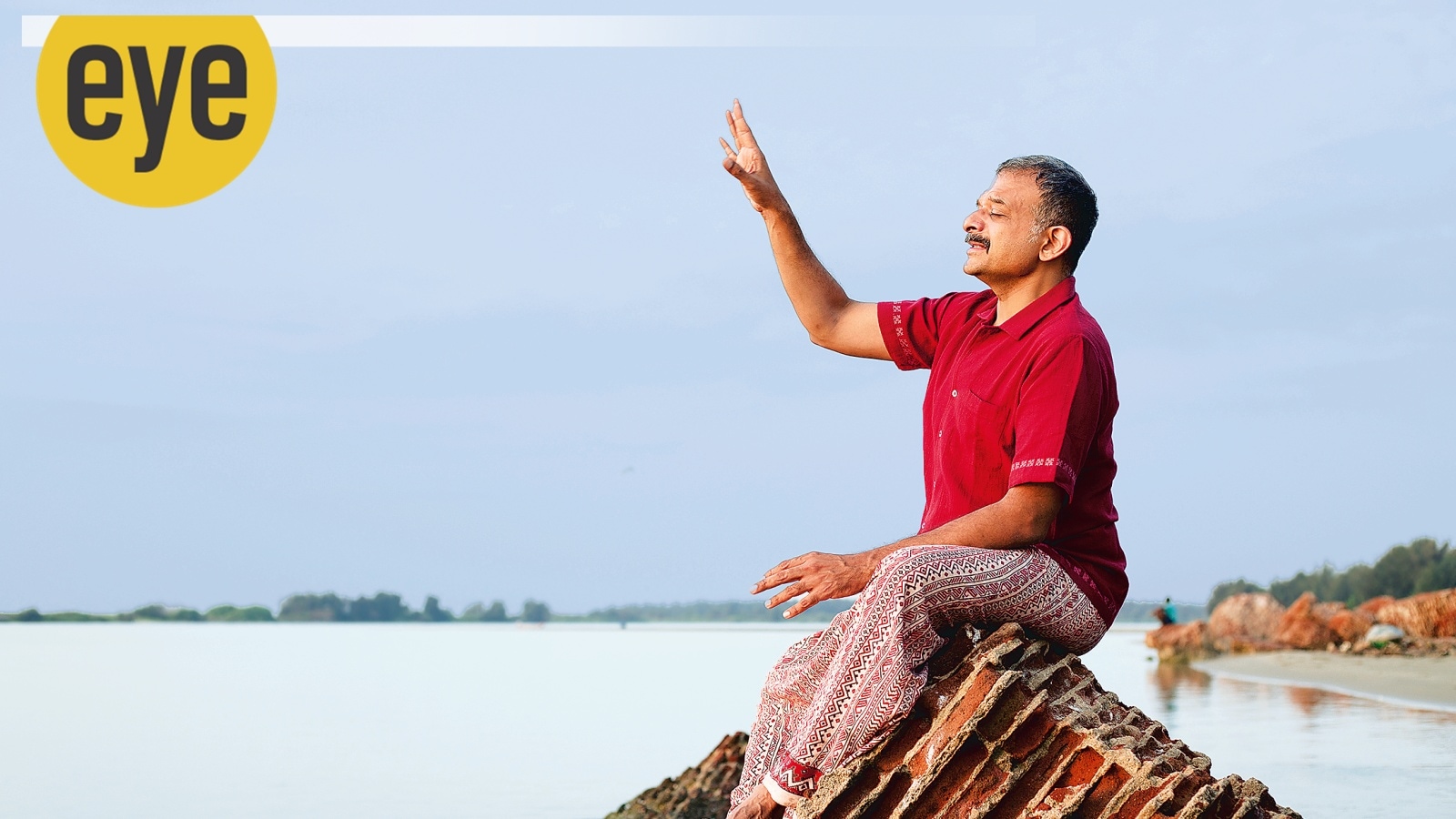 TM Krishna (Photo: Aishwarya Arumbakkam)
TM Krishna (Photo: Aishwarya Arumbakkam)You have brought together an extraordinary range of voices — a Kashmiri band, a group from Manipur, an inter-faith collaboration, an Ambedkarite theatre collective, an all-female hip-hop outfit, among others — for the upcoming music festival presented by the Kiran Nadar Museum of Art (KNMA), Delhi. How do you see your curation pressing against conventional boundaries and what conversations will it bring to the fore?
Curation is fascinating. It allows one to bring together many people to participate in a musical dialogue. You’re also trying to create bonds that sometimes just happen when you put things together. I am creating intersections. I don’t design what’s going to happen. But any intersection is going to challenge conventions.
This is a country of so many voices, both literally and metaphorically. But do these voices talk to each other? Not in conversation, but in terms of the platform, in places? Diversity doesn’t become something that’s valuable unless diversity is coming in contact with each other and not existing in silos. We say we’re a country with so many different art forms but what are you doing about it? Just think of how we curate festivals. We say festival of a genre, festival from Tamil Nadu, from Odisha. The whole point is lost.
I also went looking for artistes who I felt were doing challenging things in their own way. We need to hear voices from Manipur, from Kashmir. We should be able to have empathy and listen to people… connect with that emotional landscape, which is so closely knitted with their environment, culture, language and history. And music allows you to come in contact with that in a way that nothing else does. If we really want to engage with this larger idea of India, we have to hear the voices — the protest, the cry, the joy. If we cannot receive, we will just be stunted.
Even in these polarised times, your belief that music will unite us has remained strong.
Let me qualify that. I don’t think music by itself can do anything. I feel musicians can do a lot. Music does not transcend. Musicians have to make it transcend. And when you say transcend, you aren’t doing anybody a favour. You should feel it transcends because in that sharing, you become a better person. You come in contact with other people and music, then, it does something; smudges something, even if it is momentary. If, for those moments, one can keep aside judgments and political views, one can see and learn something.
For you, last year was tumultuous. After the Music Academy conferred the Sangita Kalanidhi Award on you, you seemed to be at a crossroad of art, politics and society. You didn’t speak on it for a long time. Have you finally processed the backlash?
I have been through multiple cycles of pressure but never something that went on and on, non-stop, for 10 months. I don’t like speaking about the difficulty because I think I’m privileged enough to handle it. But it was not fun because it was personal. Honestly, I had to seek help. Because it’s not just me, right? It affects everybody around me. But there’s something I did last year which changed something fundamental in me. I didn’t speak for a year. I think that the learning from not reacting, the learning from absorbing everything that was going on, just staying away from it — doing both — I weirdly learned a lot. I wish there was a better way to learn it, of course.
But amid all this, there was an emotional shift in the room during the Christmas concert at The Music Academy, Chennai, which got an overwhelming reception.
I’ve not seen anything like that and I have been listening to music for a long time. But what was precious about that day is that everybody was there because it was personal for everybody who was there. Somebody said it was like a rock concert. I said, not really, because within a few minutes, it was dead silence for the next two-and-a-half hours. There were young people, there were old people, those who knew Carnatic music, those who had no clue what Carnatic music was. After the concert, people were just lingering in the car park for a couple of hours. People I didn’t know hugged me and cried. There was something pretty profound that happened that day. And yes, I do believe there was a shift. It was a cultural thing. It was not a Carnatic music thing. It was very special.
You left this system to protest practices that are exclusionary. Then you accepted the award and returned to the stage. Were your concerns sorted in any way for you to come back?
When I stepped out of the system. I didn’t step out of any individual organisation. I stepped back from the December season and I did so for a decade. Individually, I’ve sung for them off-season. Sometimes I’ve helped in curating things, for example, for naadaswaram, which required a platform. I was still working with the system. It is important to note that I have had my relationship on my own terms, to do things even within the system.
Is it all sorted? Obviously not. Has there been movement? Yes, of course. There are little things that have changed. The best part is that, if a conversation, consistent pushing, leads to movement from other people out of their own volition, that is changing things. Then something important is happening. And I will definitely stick my neck out and say, yes, there have been those little shifts. Also, I have not been quiet for the last decade. I have been doing a hell of a lot of things with my own ability, with my own limitations, maybe making mistakes to change things. When the Academy came and said, they want to give me this award, that is also a conversation, isn’t it? I don’t see how I should walk away from that conversation.
Are you planning to be a part of the Margazhi Music Season this year?
Yes. I am singing at The Academy on Christmas. And there is one more concert at The Asian College of Journalism.
Could you talk about your upcoming book, We, The People of India (Westland)?
I have been writing it for five plus years and it should be out in January 2026. It looks at five symbols of India — the anthem (two songs, the anthem being the primary song), the flag, the motto, the emblem and the Preamble — and investigates both historical and contemporary, philosophical, political and constitutional ways of looking at it.
- 01
- 02
- 03
- 04
- 05


